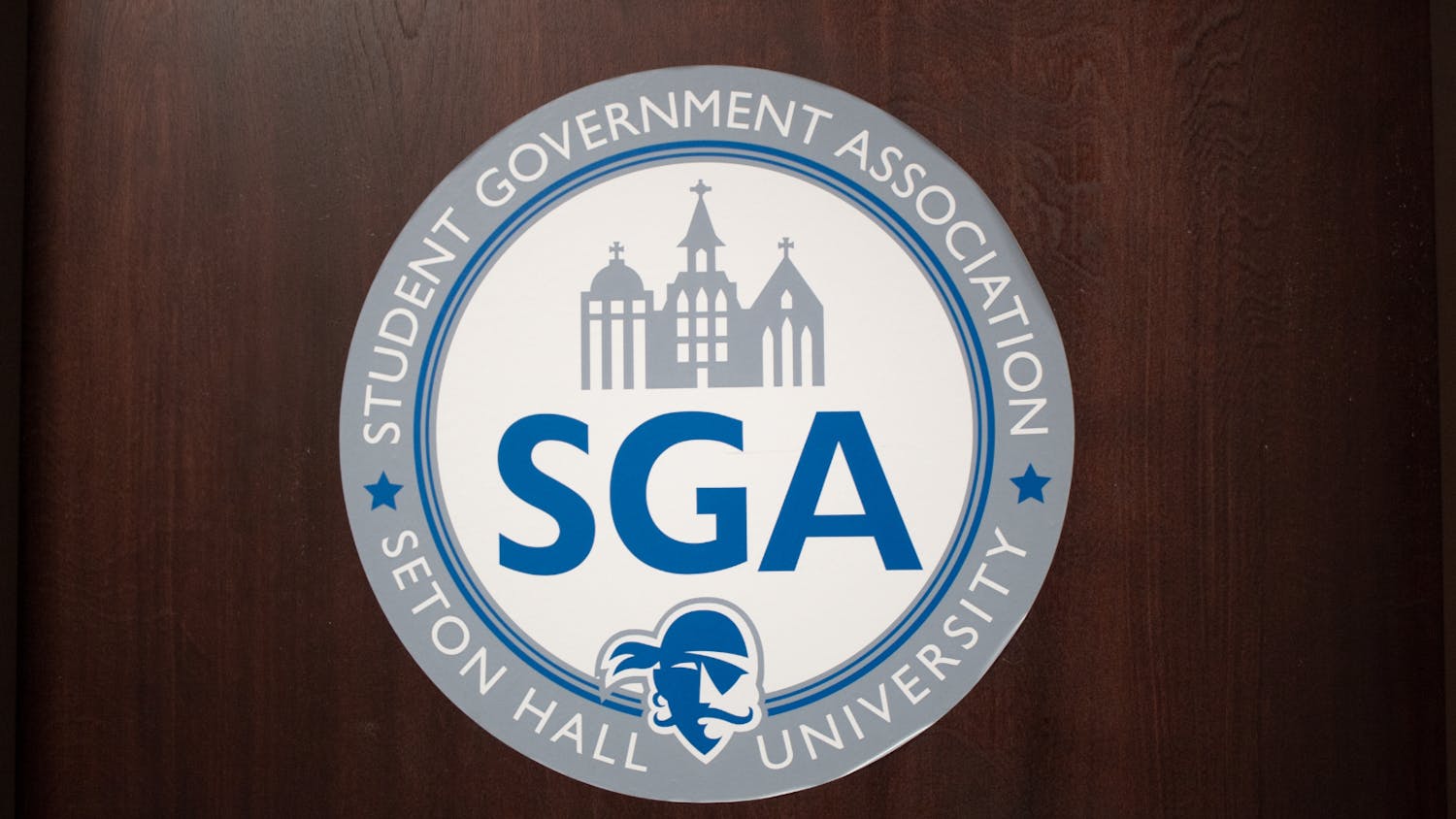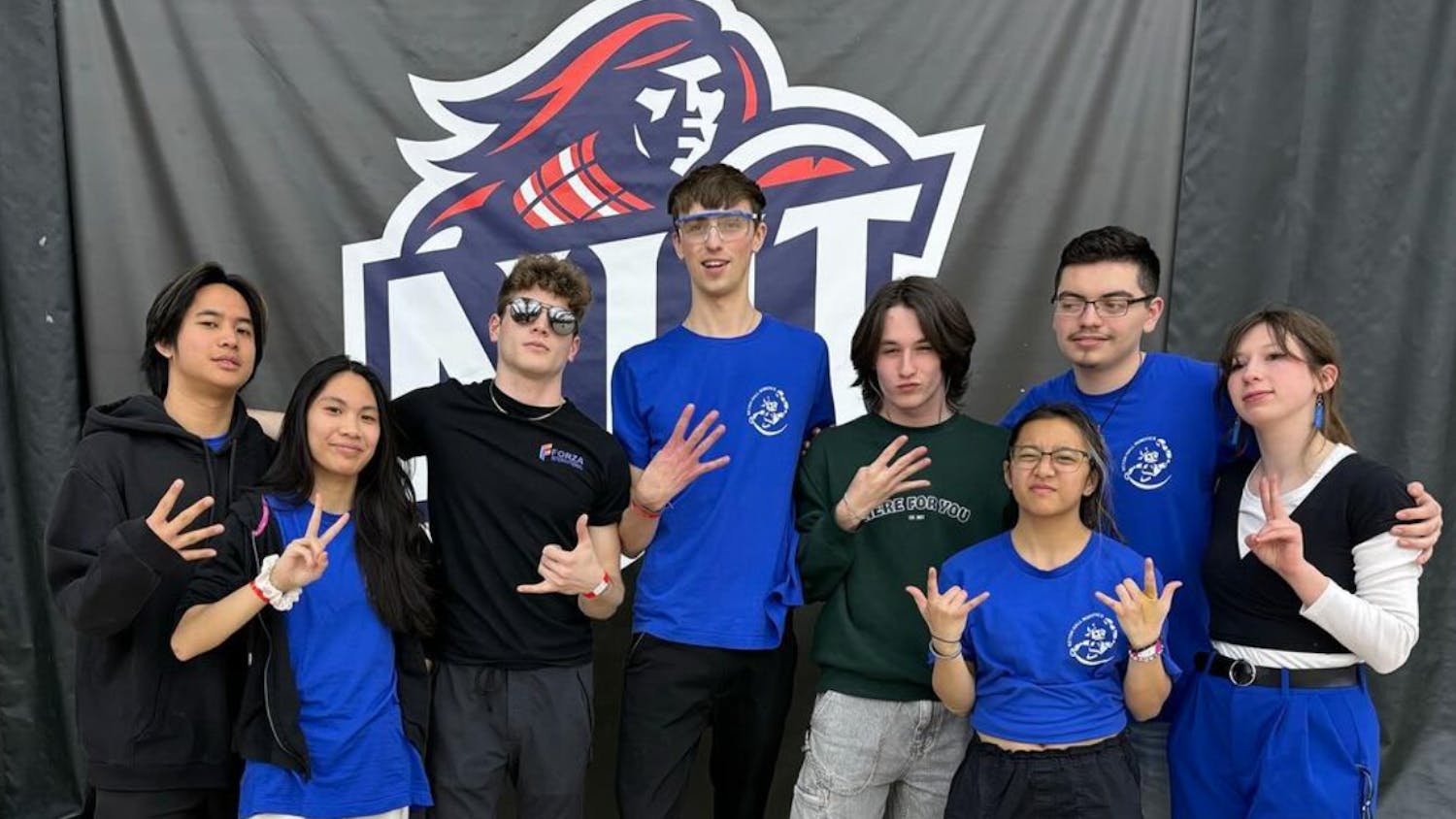[caption id="attachment_13269" align="alignnone" width="300"] Flickr[/caption]
The job search for graduating students is quickly approaching as the spring semester progresses. A new technological obstacle has become a factor in the job search while the worry about entering the workforce in a recovering economy hangs over students’ heads.
According to a report released on Jan. 18 by the World Economic Forum, 5.1 million jobs in the U.S. and other leading countries are expected to be replaced by robots or other forms of modern technology by 2020.
Jessica Dell’Aquila is a junior and aspiring to be a physician’s assistant. She said that she never thought about robots taking over human jobs and the concept does not worry her when it comes to her job field.
According to Reesa Greenwald, director of the Career Center, the overall employment rate for the undergraduate class of 2015 was 88 percent six months after graduation. There was also a 99 percent acceptance rate for students going into graduate school.
Both percentages have increased from 2014, in which the employment rate six months after
graduation was 84 percent and graduate school acceptance was 94 percent.
This trend shows that Seton Hall students have been more successful in getting jobs after graduation.
Advancement in technology has changed the duties of the jobs that students get once they graduate.
Greenwald explained that while technology is taking over specific positions once done by humans, there also needs to be someone creating this new technology.
“Jobs are changing,” Greenwald said, “it’s not necessarily that ‘I’m not going to be working,’ it’s more of a ‘what do I need to learn that is new in order to keep up?’”
Rachel Teicher, a junior physician assistant major, said that “there’s always going to be someone behind a surgery, behind a prescription, behind certain skills that need to be done by humans.”
Teresa Hayes, Saint Paul’s Outreach Mission Center administrator, said that she has not thought about her job being taken by robots.
“I work at the Campus Ministry, and it’s all about relationships with people,” Hayes said.
According to the report, about two-thirds of the jobs that will be replaced are said to be office and administrative, sales, real estate agents, and careers in manufacturing and production.
“Robots can do some jobs, but for something like sales, you need a person. You’re trying to get someone to see your vision. There is something irreplaceable about human relationships,” Hayes said.
Although it may be daunting for students entering their job fields to have to compete with rapidly growing technology, Greenwald suggested ways for students to land a job and keep it.
The Career Center is open to help all students. “Let us get to know you so we can help you get connected to employers and alumni in your field,” Greenwald said.
The Spring Career fair will be held on March 16, and more than 100 employers will be there
recruiting interns and looking for full time employees.
“You just have to be open to change,” Greenwald said. “You have to be willing to show people that you can go above and beyond the description that you were hired to do. People who make themselves valuable are the ones who can solve problems and deal with the challenges.”
Daniela Geraldo can be reached at daniela.geraldo@student.shu.edu.
Flickr[/caption]
The job search for graduating students is quickly approaching as the spring semester progresses. A new technological obstacle has become a factor in the job search while the worry about entering the workforce in a recovering economy hangs over students’ heads.
According to a report released on Jan. 18 by the World Economic Forum, 5.1 million jobs in the U.S. and other leading countries are expected to be replaced by robots or other forms of modern technology by 2020.
Jessica Dell’Aquila is a junior and aspiring to be a physician’s assistant. She said that she never thought about robots taking over human jobs and the concept does not worry her when it comes to her job field.
According to Reesa Greenwald, director of the Career Center, the overall employment rate for the undergraduate class of 2015 was 88 percent six months after graduation. There was also a 99 percent acceptance rate for students going into graduate school.
Both percentages have increased from 2014, in which the employment rate six months after
graduation was 84 percent and graduate school acceptance was 94 percent.
This trend shows that Seton Hall students have been more successful in getting jobs after graduation.
Advancement in technology has changed the duties of the jobs that students get once they graduate.
Greenwald explained that while technology is taking over specific positions once done by humans, there also needs to be someone creating this new technology.
“Jobs are changing,” Greenwald said, “it’s not necessarily that ‘I’m not going to be working,’ it’s more of a ‘what do I need to learn that is new in order to keep up?’”
Rachel Teicher, a junior physician assistant major, said that “there’s always going to be someone behind a surgery, behind a prescription, behind certain skills that need to be done by humans.”
Teresa Hayes, Saint Paul’s Outreach Mission Center administrator, said that she has not thought about her job being taken by robots.
“I work at the Campus Ministry, and it’s all about relationships with people,” Hayes said.
According to the report, about two-thirds of the jobs that will be replaced are said to be office and administrative, sales, real estate agents, and careers in manufacturing and production.
“Robots can do some jobs, but for something like sales, you need a person. You’re trying to get someone to see your vision. There is something irreplaceable about human relationships,” Hayes said.
Although it may be daunting for students entering their job fields to have to compete with rapidly growing technology, Greenwald suggested ways for students to land a job and keep it.
The Career Center is open to help all students. “Let us get to know you so we can help you get connected to employers and alumni in your field,” Greenwald said.
The Spring Career fair will be held on March 16, and more than 100 employers will be there
recruiting interns and looking for full time employees.
“You just have to be open to change,” Greenwald said. “You have to be willing to show people that you can go above and beyond the description that you were hired to do. People who make themselves valuable are the ones who can solve problems and deal with the challenges.”
Daniela Geraldo can be reached at daniela.geraldo@student.shu.edu.

Comments




